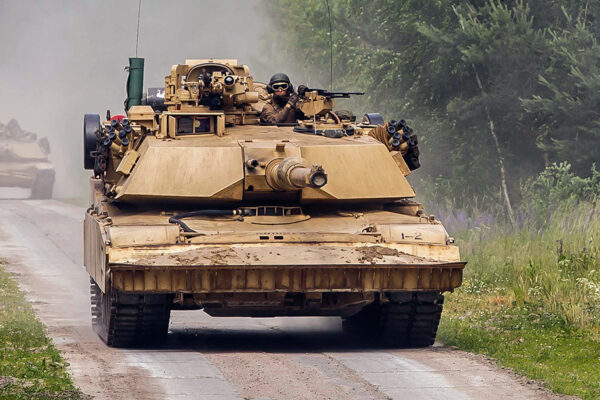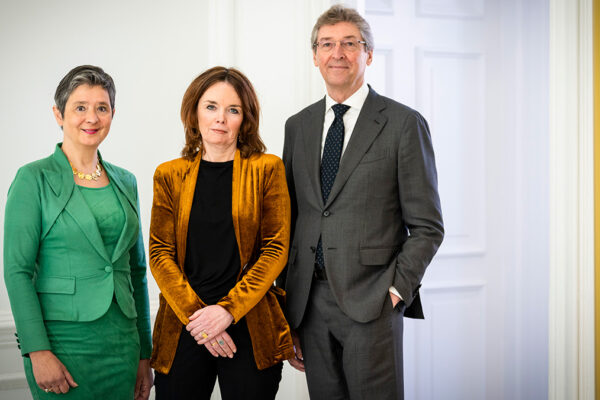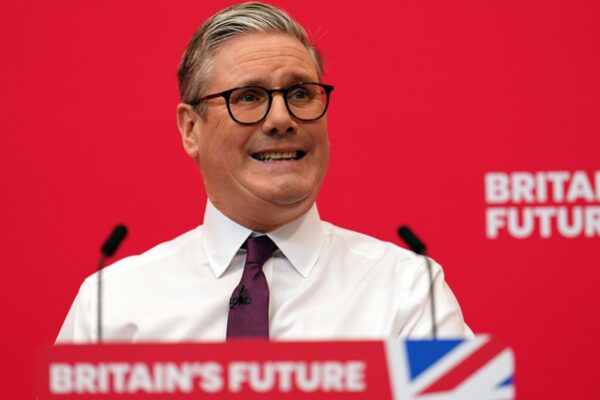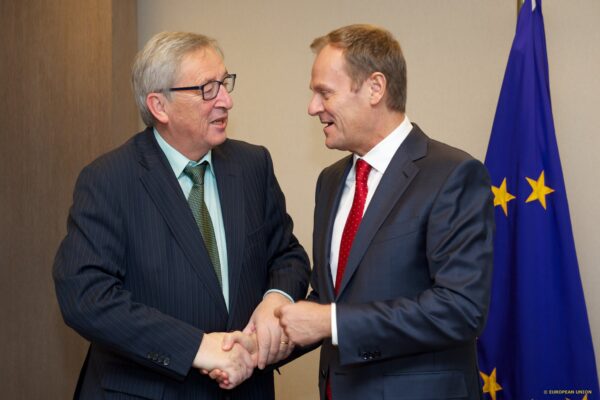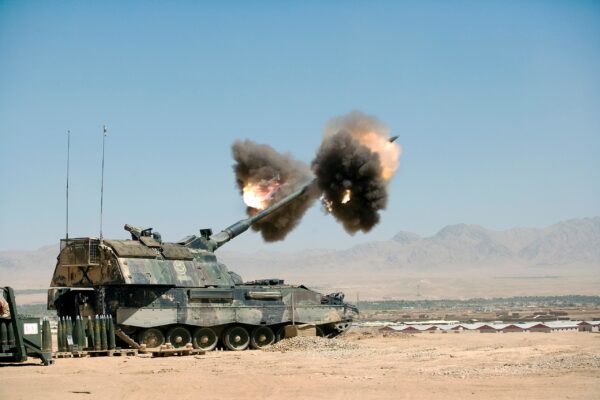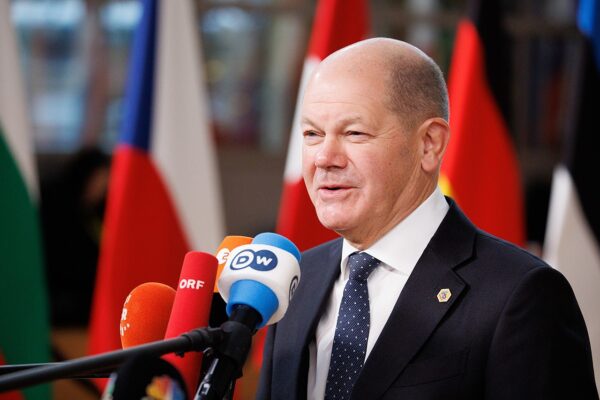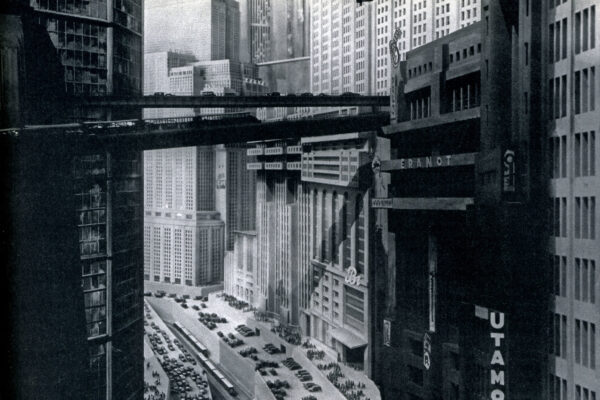Expanding the Legacy
Tag: EU
European Defence Spending Set to Reach €300 Billion
Whilst you were not looking, a new regional superpower has emerged in Europe. Poland is determined to build the third-largest NATO army, eclipsing France, Germany, Italy, and the United Kingdom by a wide margin. Earlier this week, foreign minister Radoslaw Sikoski announced that Poland will immediately boost its defence expenditure, already amongst the highest in NATO, to a full five percent of its GDP. Mr Sikorski justified the increase by noting that the ‘Cold War peace’ has ended. Army chief of staff General Wieslaw Kukula echoed the sentiment: “We need to prepare, and be ready to fight, an all-out conflict.”
Clearview AI Phishes in Murky Waters, Catching Multiple Fines
Smile. You’re on camera. On Tuesday, the Dutch Data Protection Authority issued a €30.5 million fine to Clearview AI, a US corporation that scrapes the internet to gather photos and data of people. The company is not just interested in miscreants but casts a wide net and essentially wants to include everybody, preferably all earthlings.
The Art and Science of Unscrambling Eggs
How to unscramble eggs. That is the question (and task) facing UK Prime Minister Keith Starmer as he meets his country’s neighbours tomorrow for a one-day summit of European leaders. The informal gathering in Blenheim, birthplace of Winston Churchill, takes place under the aegis of the European Political Community (EPC), an initiative launched by President Emanuel Macron of France in 2022, following the Russian invasion of Ukraine. More than fifty heads of state and governments are expected to attend.
Carrying the Hopes of a Country and a Union
Whilst president of the European Council, Donald Tusk frequently caused a stir with comments that lacked in finesse or diplomacy. After the 2016 Brexit vote that sealed the UK’s departure from the European Union, the former, and likely future, prime minister of Poland speculated that supporters of the plan were...
New Security Reality in Europe
The peace dividend, now exhausted, delivered the countries of Europe a windfall of some €4.2 trillion (£3.6 trillion) over the past thirty years – a sum roughly equivalent to a quarter of the European Union’s GDP. The number comes from Bruegel, a non-partisan policy think tank in Brussels. The institute...
The Taciturn German to Watch
Germany and the Germans struggle to get comfortable donning the mantle of leadership circumstance has thrust upon the country. The nation and its leaders are visibly shocked by the rapid demise of the old world order and the unfolding ‘Zeitenwende’: the epochal tectonic shift that began with a global geopolitical rebasing and reached a disconcerting apex with Russia’s war of aggression against Ukraine.
Emmanuel Macron: Visions of Strategic Autonomy
This Sunday, most French voters held their nose as they granted President Emmanuel Macron a second term in office. Faced with an impossible conundrum – how to spark change without upsetting the apple cart – France reluctantly concluded that President Macron represented the lesser of two perceived evils.
EU Battles String of Calamities
It’s about the only thing missing from a world in turmoil: France going haywire and off the rails. The solid showing of Marine Le Pen at last Sunday’s polls gives plenty of cause for concern. More moderate in her policy proposals and promises than five years ago, Ms Le Pen may no longer seek to extract her country from the European Union Now, she merely aims to undermine it.
Casting Russia Adrift
In a matter of days, Russia was unceremoniously cut off from the global financial system. Credit and debit cards stopped working, as did Apple Pay and a host of other services. Both Visa and Mastercard blocked Russian financial institutions from accessing their network.
Fortress Russia on Shaky Ground
The rouble took a pounding of note, losing almost a third of its value as soon as forex markets opened Monday morning. Equity trading was suspended whilst Russian financial authorities pondered the extent of the sanctions imposed over the weekend.
Just Released

Africa AI Brazil Business Chile China Climate Corona Davos Debt Development Diplomacy Donald Trump Economy Elections Energy EU Europe Federal Reserve Finance France Germany HiFi History IMF Kamala Harris Military Monetary policy NATO Philosophy Politics Putin Russia Schwab Society South Africa Technology Trade Trump UK Ukraine UN US War WEF
